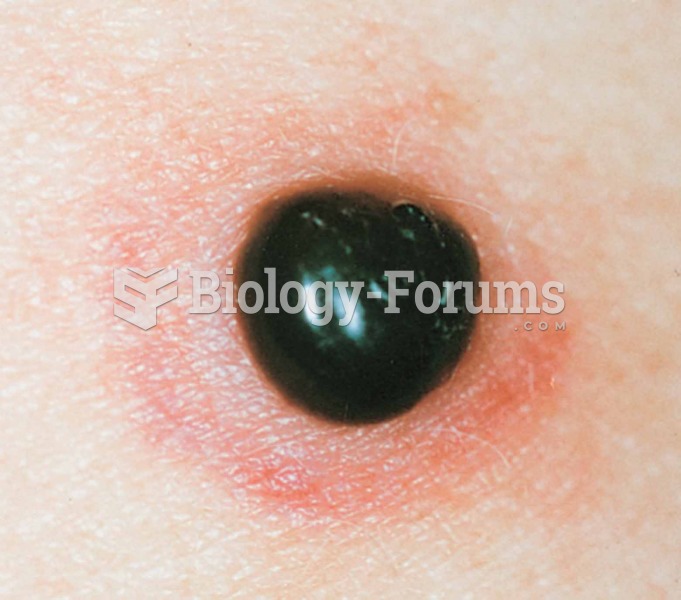Answer to Question 1
Correct Answer: 2
Rationale 1: Monitoring breath sounds is not the most important assessment.
Rationale 2: The client is at severe risk of developing a dysrhythmia and must be closely monitored for changes in cardiac rhythm.
Rationale 3: It has been established that this client has experienced an MI. Further monitoring of cardiac enzymes will occur, but this is not the most important assessment.
Rationale 4: Monitoring the serum glucose level is not the most important assessment.
Global Rationale: The client is at severe risk of developing a dysrhythmia and must be closely monitored for changes in cardiac rhythm. Monitoring breath sounds and serum glucose levels are not the most important assessments. It has been established that this client has experienced an MI. Further monitoring of cardiac enzymes will occur, but this is not the most important assessment.
Answer to Question 2
Correct Answer: 1,2,3,5
Rationale 1: It is important to monitor electrolyte levels, especially potassium, when a client is being treated pharmacologically for heart failure.
Rationale 2: It is important to monitor renal function while a client is being treated pharmacologically for heart failure.
Rationale 3: It is important to monitor renal function while a client is being treated pharmacologically for heart failure.
Rationale 4: It is not necessary to monitor liver function while a client is being treated pharmacologically for heart failure.
Rationale 5: It is important to monitor serum drug levels while a client is being treated pharmacologically for heart failure.
Global Rationale: It is important to monitor electrolyte levels, especially potassium, when a client is being treated pharmacologically for heart failure. It is also important to monitor renal function (BUN and creatinine) and serum drug levels while a client is being treated pharmacologically for heart failure. It is not necessary to monitor liver function while a client is being treated pharmacologically for heart failure.







